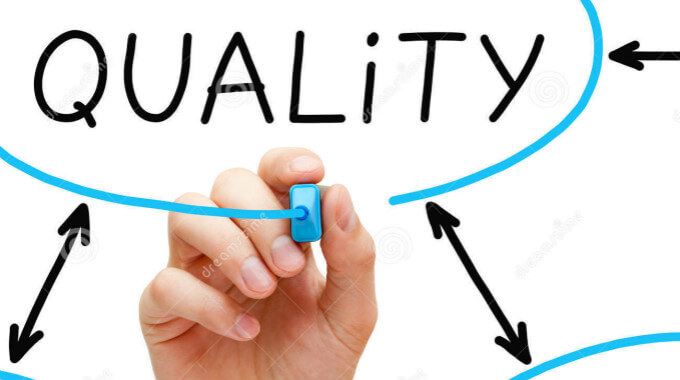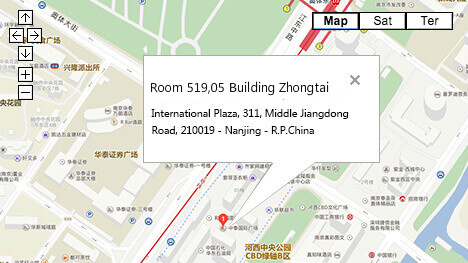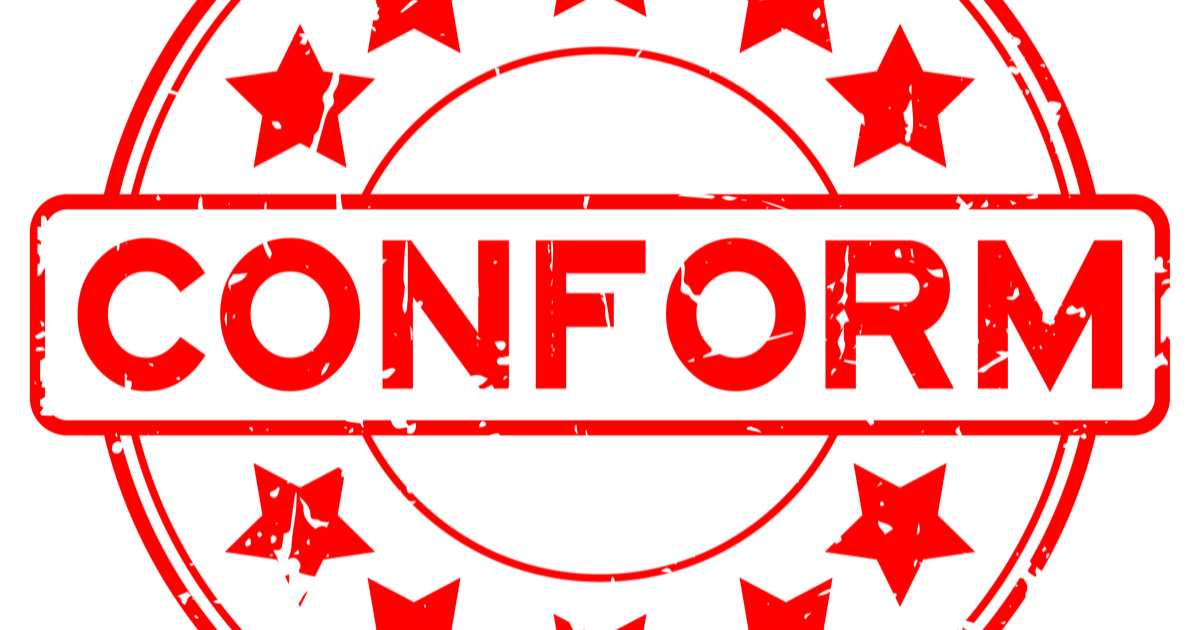Some clients have asked us “what is a certificate of conformity” over the years, and…

The Real Purpose of Factory Audits? Evaluate and Prevent Risks.
BY RENAUD ANJORAN
I had a good discussion with a client whose background was in auditing for a Big Four accounting firm. He pointed that audits, in that context, is mostly about looking at what happened in the past.
In contrast, when a buyer sends an auditor to a supplier’s factory, the purpose is:
- To identify risks by pointing to gaps that might have a serious impact on business performance (and to avoid giving much business to a high-risk supplier)
- By making the most serious gaps obvious, to put pressure on the supplier to address the main sources of risk. This is often done by opening corrective action requests.
How to find about those gaps? By looking in the systems & processes followed by the supplier in its new product development, purchasing, manufacturing, and control of products.
An audit focusing on compliance of paperwork generally helps very little. Most Chinese manufacturers are very cynical and have the “they want a paper? here it is.” approach to keep customers happy.
I listed before what I think are the 8 most important points to audit in a Chinese factory (of course, depending on your situation and on the product to be made, this will vary):
Do they check (and sometimes reject) their supplier’s deliveries? (This is a huge hole in most Chinese manufacturers’ systems.)
Do they have all the testing equipment needed to ensure their products function as expected and are safe? If some pieces of equipment are expensive, do they send samples to an outside testing lab?
Are the components and materials stored adequately? If you see serious rust on metal pieces, it means they spent at least 3 months in a place without humidity control…
Are non-conform materials identified? Do operators really segregate them, or are production staff paid by the piece and just “pushing stuff” as fast as possible?
Can they show a few problems that were really fixed (by addressing its root cause, NOT firing someone) and that was followed up over time?
Do production operators know what they are supposed to do? Were they trained? Do they have work instructions that they understand and follow?
A few critical process steps have a strong impact on product characteristics that you care about. Can the production supervisors or manager point to those steps? Has the factory done something special for them? (I am thinking of mistake-proofing devices, preventive maintenance plan, or statistical process control on the process, and of serious of gauge calibration.)
If your product is highly customized, will the factory accept to do a pilot run before the first production?
Now, is the purpose of a factory audit to drive improvement? It depends on how audits are done.
As I wrote in an article about GMPs:
Does a Good Manufacturing Practices audit drive improvement?
In the short term, some serious lapses in the factory’s systems might be detected, and it can only help.
However, in the mid-to-long-run, it is not likely to help. I have visited factories that have had 5 annual GMP audits (by the same customer) in a row and haven’t improved one bit!
If you are serious about driving improvement in your suppliers’ operations, there are ways to achieve this.
An auditing program can be structured in the following manner (I wrote about this 6 years ago):
After the first audit, a few high-priority issues are noticed, and the factory signs on mutually-agreed corrective actions;
The factory is expected to implement corresponding corrective actions and, if possible, to send regular status updates about this implementation;
During the following audit, the above-mentioned corrective actions are evaluated;
The auditor also keeps looking for opportunities for improvement (holes in the quality system, poor process setup…), and discusses new recommendations;
And so on.
What should the auditor focus on?
Month 1: the instruments (are they correctly calibrated, correctly used…?)
Month 2: the quality control records (are they correctly filled out and archived?)
Month 3: maintenance of production equipment
Month 4: standard work instructions for operators
Month 5: staff training
Month 6: mistake proofing
Month 7: labeling and identification
Month 8: general housekeeping, cleanliness, storage
Month 9: machine setup
And so on…
I have seldom seen it in action, and very few buyers are interested in running that kind of audit program. This is a sign that, for 98%+ of importers, audits are still just a tool for evaluating risks.
From: qualityinspection



This Post Has 0 Comments